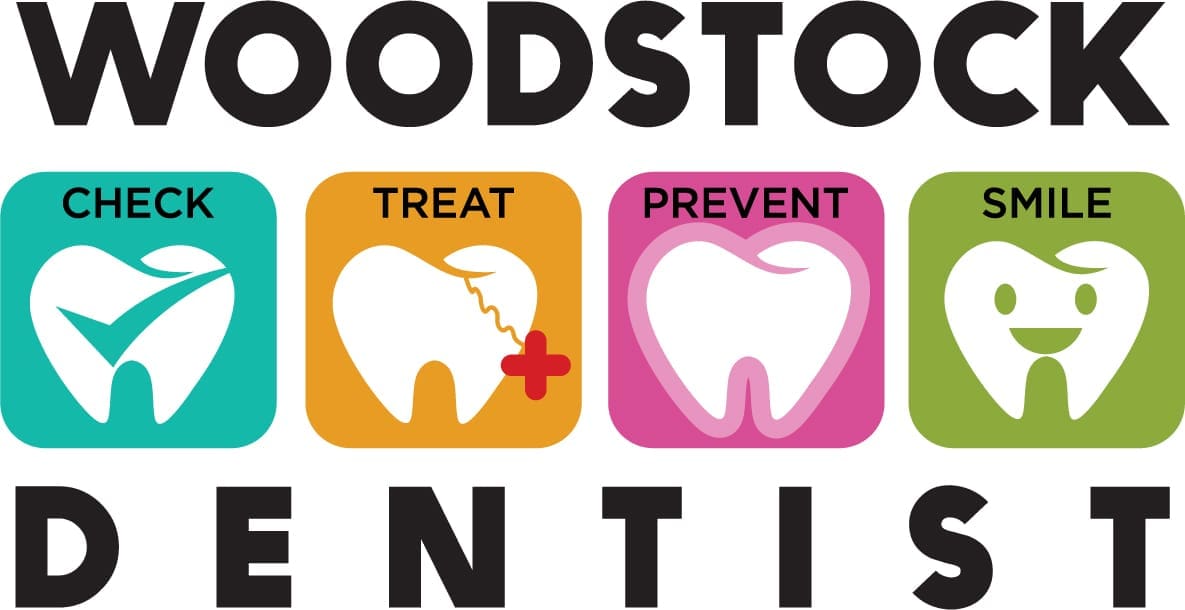Are you seeking effective swollen gums treatment to alleviate pain and discomfort? Swollen gums can be a sign of various underlying issues, but with the right approach, relief is possible.
Swollen gums treatment
Swollen gums treatment often begins with understanding the underlying causes of the condition. Swollen gums can result from a variety of factors, including poor oral hygiene, infections, or even hormonal changes. Plaque buildup along the gum line is a common culprit, leading to inflammation and discomfort. Additionally, certain medical conditions and medications can contribute to gum swelling, making it essential to identify the root cause for effective management.
In some cases, swollen gums may be a sign of more serious dental issues that require professional attention. If you experience persistent gum swelling, it is crucial to seek help from a dental professional. For more information on how to address urgent dental concerns, consider reading our guide on Finding the Best Emergency Dental Clinic Near You: What to Look For.
Symptoms of Gum Swelling
Swollen gums can be a distressing condition, often characterized by redness, tenderness, and inflammation in the gum area. You might notice that your gums appear puffy or feel sore when touched. In some cases, swollen gums can also lead to bleeding, especially during brushing or flossing. This discomfort can make everyday activities like eating and speaking quite challenging.
Other common symptoms of gum swelling include persistent bad breath, a metallic taste in the mouth, and receding gum lines. If you experience any of these symptoms, it is crucial to seek professional advice for swollen gums treatment. For immediate assistance, consider reaching out to Woodstock Dental Emergency Help for expert care.
When to See a Dentist
If you’re experiencing persistent pain and discomfort despite trying various swollen gums treatment methods, it may be time to see a dentist. Swollen gums can be a sign of underlying dental issues that require professional attention. Ignoring these symptoms can lead to more severe problems, so it’s crucial to consult with a dental professional to ensure your oral health is properly managed.
Common Gum Diseases
Swollen gums treatment often involves addressing underlying gum diseases, which are common oral health issues. Gingivitis, characterized by red and swollen gums, is the mildest form and can progress to periodontitis if left untreated. Periodontitis is more severe, leading to gum recession and potential tooth loss. Both conditions are caused by plaque buildup and can result in significant discomfort and pain. For those experiencing these symptoms, consulting a Woodstock Dentist can provide further insights into effective treatment options.
Oral Hygiene Importance
Maintaining proper oral hygiene is crucial for overall dental health and can play a significant role in swollen gums treatment. Regular brushing and flossing help remove plaque and bacteria that can cause gum inflammation and discomfort. By prioritizing oral hygiene, you can reduce the risk of developing swollen gums and ensure a healthier mouth.
Diet and Gum Health
When it comes to swollen gums treatment, your diet plays a crucial role in maintaining optimal gum health. Consuming a balanced diet rich in vitamins and minerals, particularly Vitamin C and calcium, can significantly reduce inflammation and promote healing. Foods like leafy greens, citrus fruits, dairy products, and nuts are excellent choices to support your gums. Additionally, avoiding sugary snacks and beverages can prevent plaque buildup, which is a common cause of gum irritation. By making mindful dietary choices, you can enhance the effectiveness of the treatment of your swollen gums and enjoy a pain-free smile.
Stress and Gum Inflammation
Stress can be a significant factor contributing to gum inflammation, which in turn can lead to swollen gums. When you’re stressed, your body’s immune response can become compromised, making it easier for bacteria to cause infections in your gums. Additionally, stress often leads to poor oral hygiene habits, such as neglecting regular brushing and flossing, which exacerbates the problem. Effective swollen gums treatment should therefore include stress management techniques like mindfulness, exercise, and adequate sleep to help reduce inflammation and promote overall gum health.
Hormonal Changes and Gums
Hormonal changes, particularly during pregnancy, menstruation, and menopause, can significantly impact oral health, often leading to swollen gums. These fluctuations in hormone levels can increase blood flow to the gums, making them more sensitive, swollen, and prone to bleeding. Effective swollen gums treatment during these periods involves maintaining excellent oral hygiene, using a soft-bristled toothbrush, and possibly incorporating an antimicrobial mouthwash. Regular dental check-ups are also crucial to monitor and manage any gum issues promptly. By addressing hormonal influences on gum health, you can alleviate pain and discomfort, ensuring a healthier smile.
Medical Conditions Affecting Gums
Swollen gum treatment often involves addressing underlying medical conditions that can exacerbate gum inflammation and discomfort. Common conditions such as gingivitis, periodontitis, and diabetes can significantly impact gum health, leading to persistent swelling and pain. Gingivitis, the early stage of gum disease, is characterized by red, swollen gums that bleed easily. If left untreated, it can progress to periodontitis, a more severe form of gum disease that can cause tooth loss. Additionally, systemic conditions like diabetes can impair blood flow to the gums, making them more susceptible to infections and swelling. Effective swollen gums treatment requires a comprehensive approach that includes managing these medical conditions alongside maintaining good oral hygiene practices.
Conclusion
Say goodbye to pain and discomfort with effective swollen gums treatment. Call us today at 678-483-5999 or read our reviews on Google Maps.






